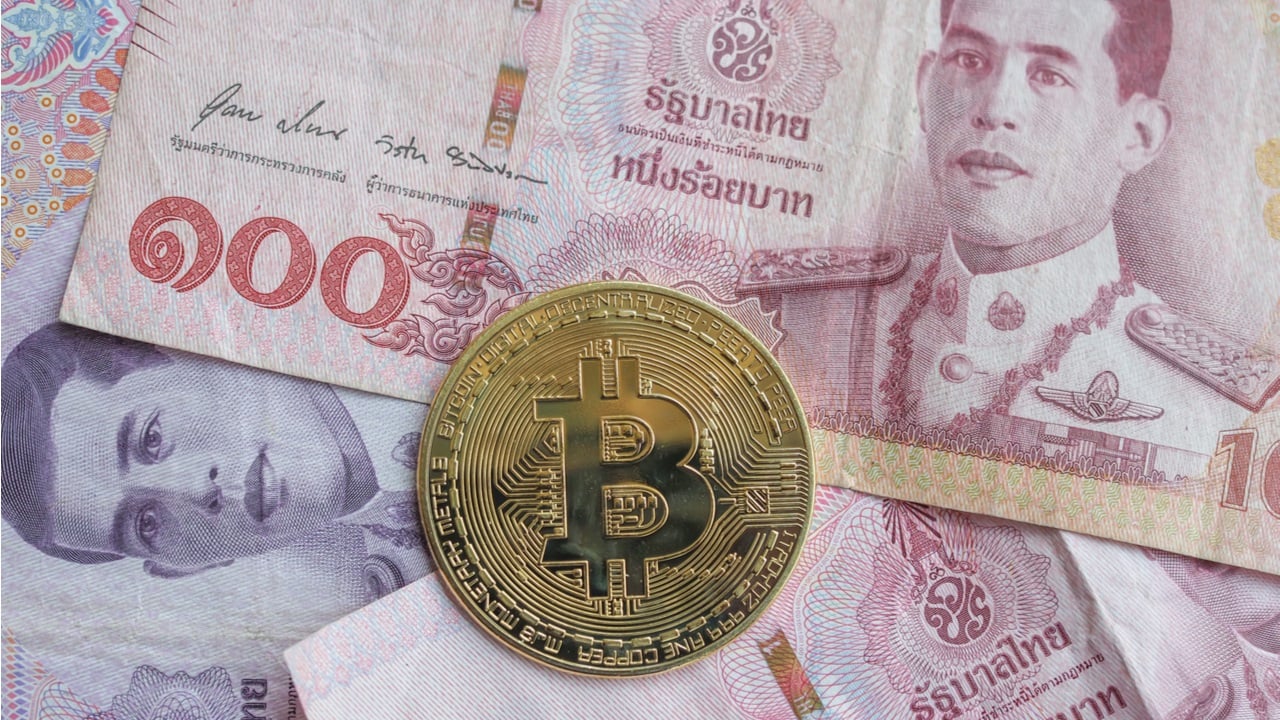
Authorities in Thailand have formally introduced a value-added tax (VAT) exemption for transfers of cryptocurrencies through government-approved exchanges. The tax break, in force until the end of next year, will also apply to digital currency issued by the Bank of Thailand.
Royal Decrees Enforce VAT Exemption for Crypto Trading in Thailand
Investors moving cryptocurrencies and digital tokens through exchanges in Thailand will benefit from a 7% VAT exemption on such transactions. A decree published in the Royal Gazette on Tuesday enforced the tax break retroactively from April 1, 2022. It will be in place until Dec. 31, 2023, local media reported.
The measure, which was approved by the government in March, concerns trading platforms registered with the Ministry of Finance. The decision has now become part of Thai law as it enters into force on the day following its publication in the official journal.
According to the document, the main purpose of the tax relief is to promote cryptocurrency trade on authorized exchanges, allowing crypto transactions to be regulated and carried out under the supervision of relevant departments like the Securities and Exchange Commission (SEC).
Thailand’s Finance Minister Arkom Termpittayapaisit is convinced that the relaxed tax rules will make cryptocurrency exchange in the country more reliable and stable. He was also quoted as stating:
This would encourage Thailand to have an infrastructure and payment system that would be ready for the future digital economy.
Director-General of the Revenue Department Ekniti Nititthanprapas added that crypto trading will be more convenient for investors who will enjoy fair tax treatment and safe transactions while Thailand improves its image in the global digital space.
Another royal decree, also published on May 24, extends the VAT exemption to transfers with a retail central bank digital currency (CBDC) issued by Thailand’s monetary authority. In December, the Bank of Thailand announced it’s planning to start testing the CBDC in late 2022 in transactions between financial institutions and users as an alternative means of payment.
Crypto investment and trading have grown significantly in Thailand over the past few years. In late March, citing the need to prevent various financial and economic threats, the country’s financial regulators took steps to curb the use of cryptocurrencies for payments, with the SEC announcing rules designed to discourage digital asset operators from offering related services.
Do you expect other countries in the region to follow Thailand’s example and relax taxation for cryptocurrency trading? Tell us in the comments section below.
from Bitcoin News https://ift.tt/fs1b7Kw
Comments
Post a Comment